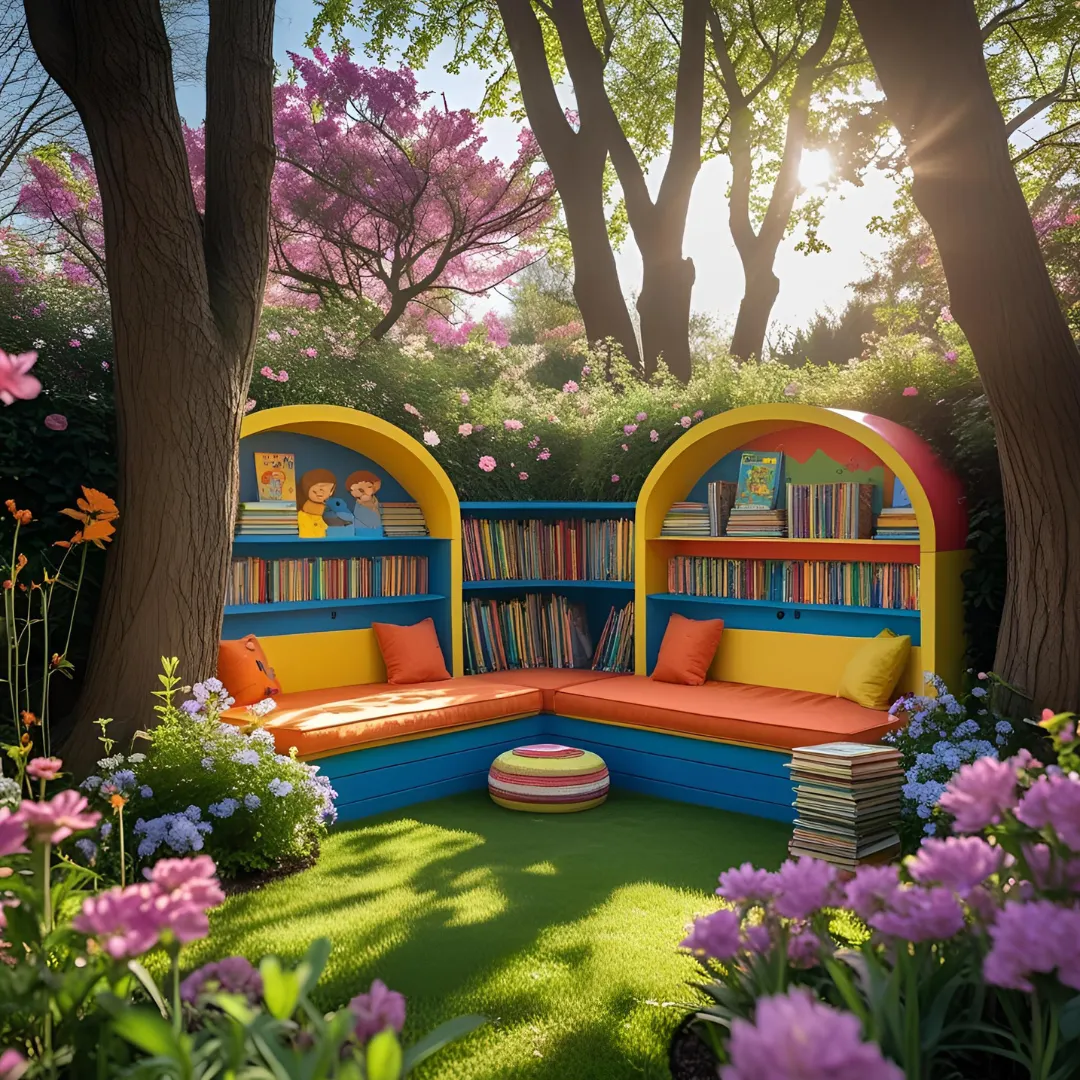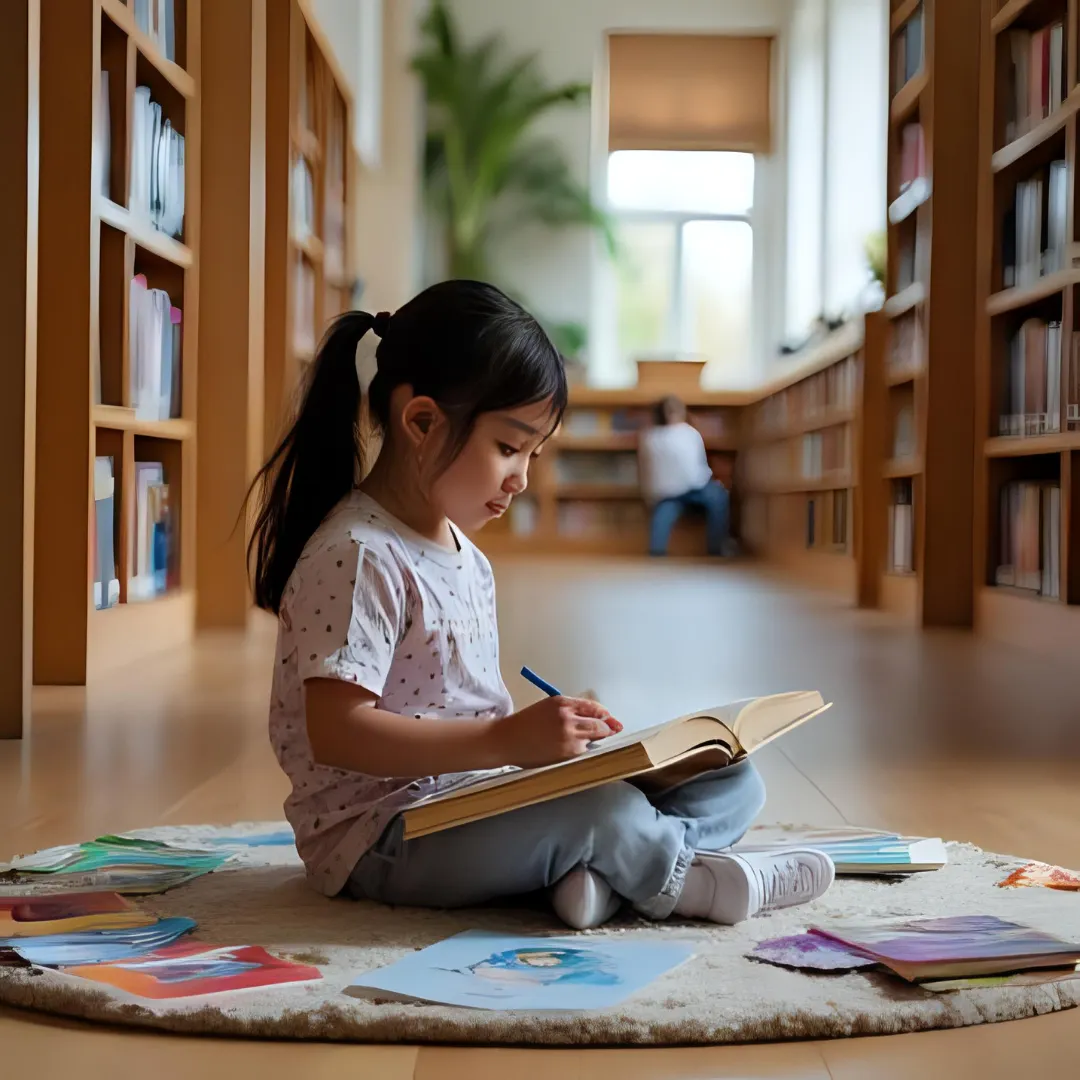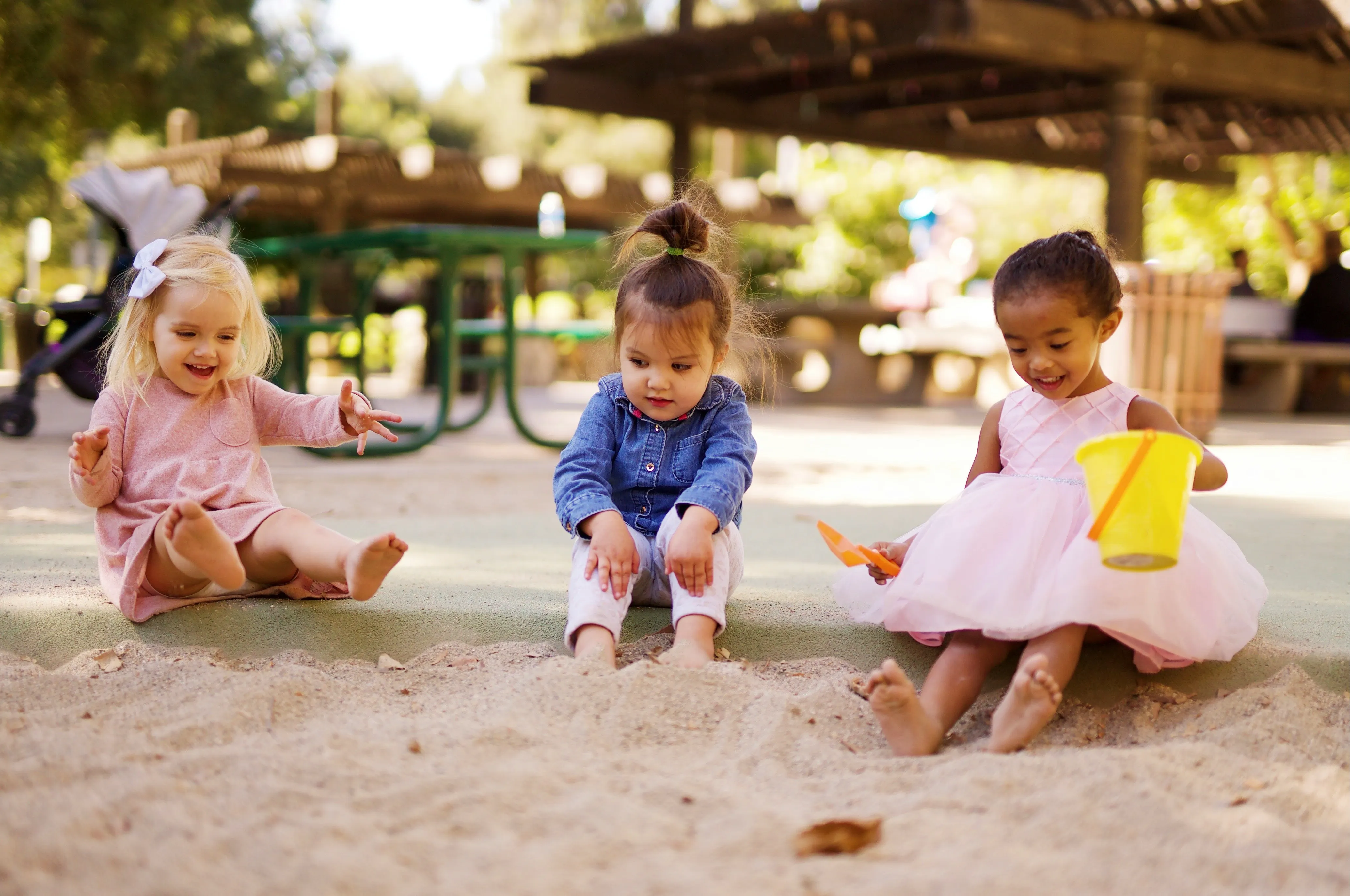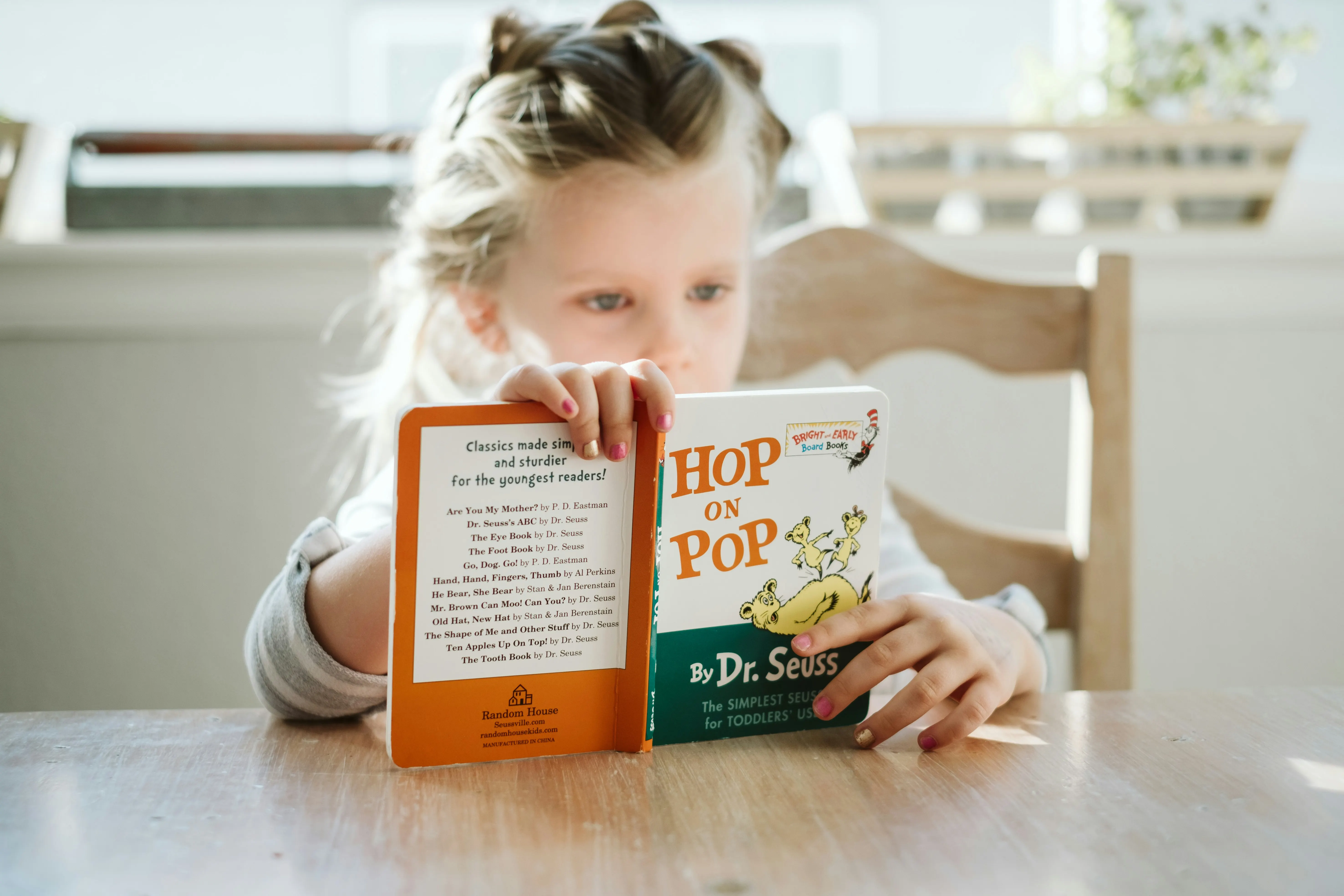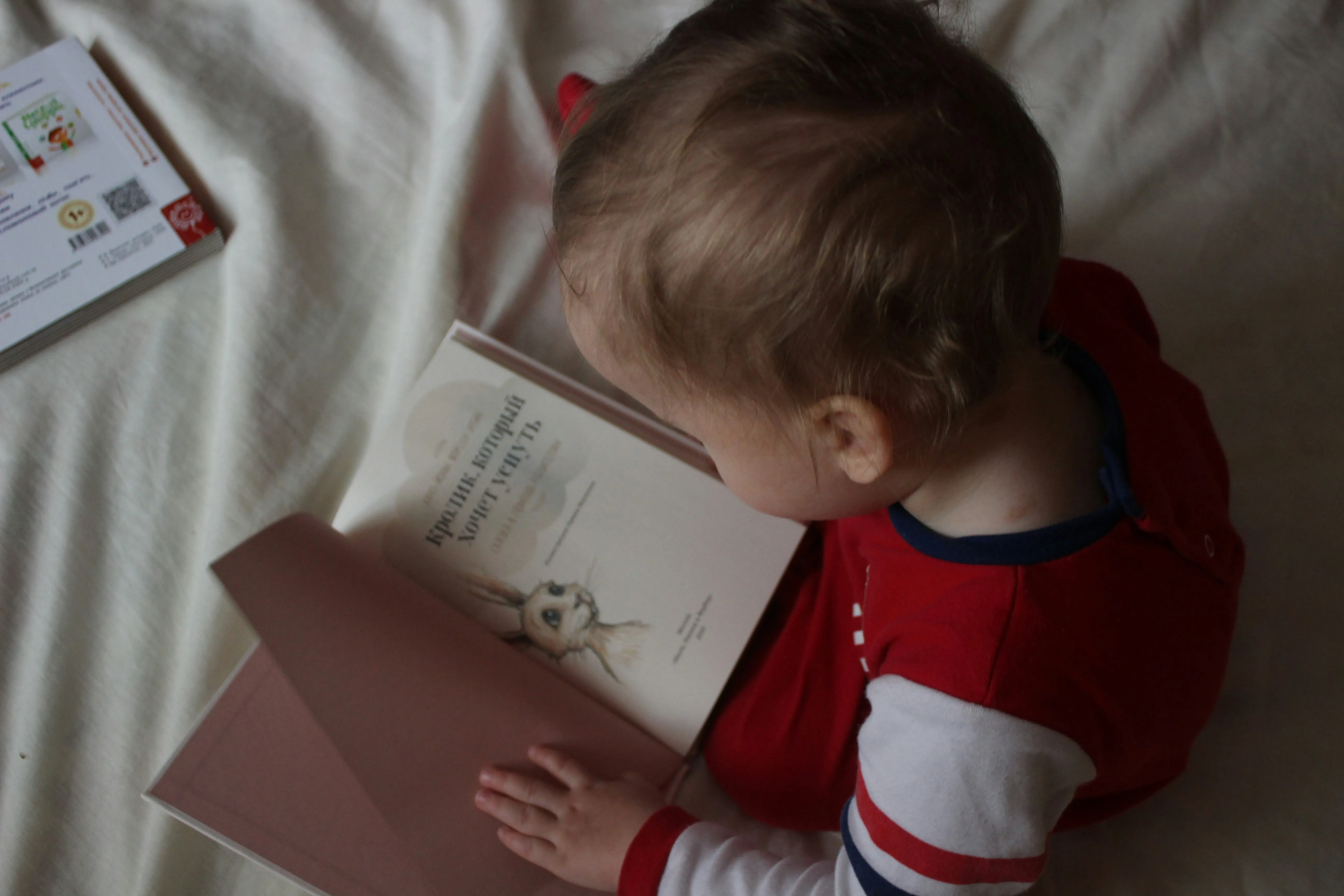Guide to Age Appropriate Learning Activities for Parents
Smart Starts: Age Appropriate Learning Activities to Support Development
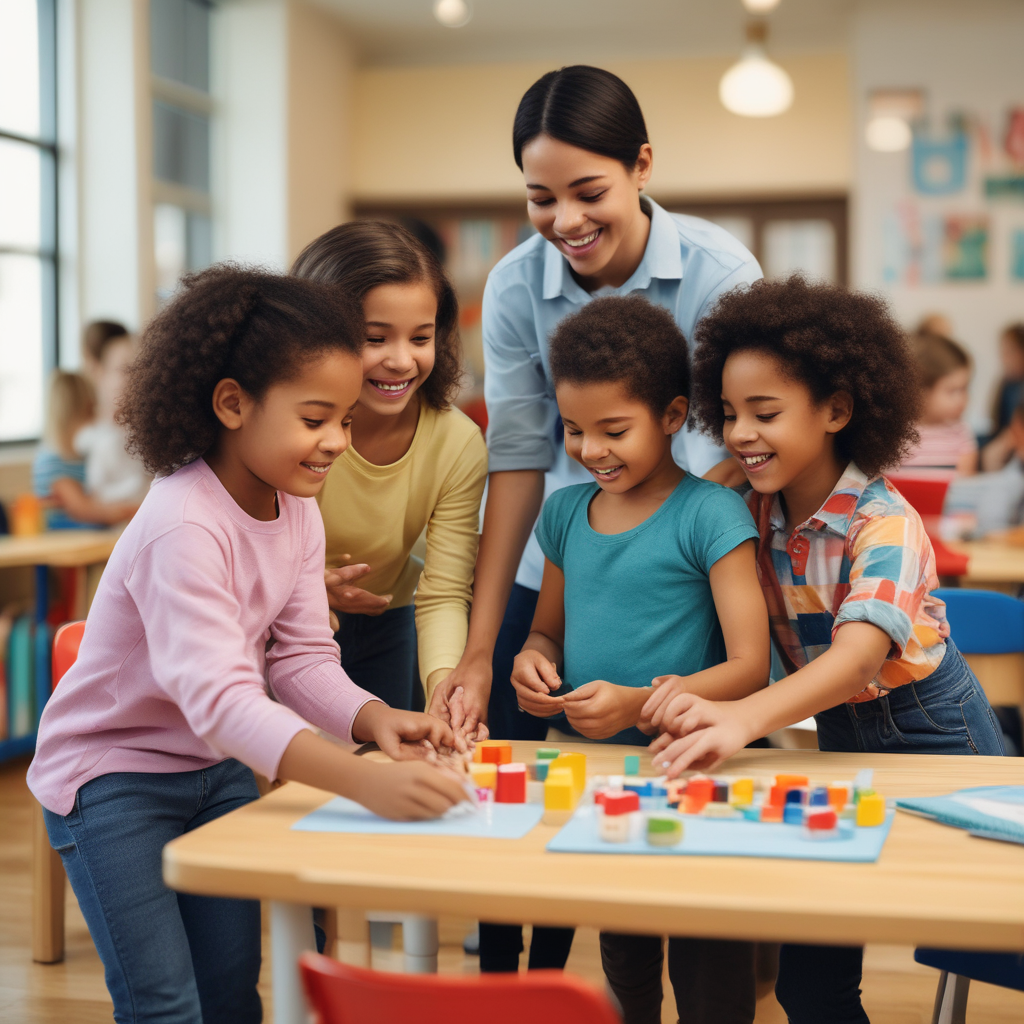
Key Highlights
- Age-appropriate learning activities are designed to align with a child's developmental stepping stones, supporting physical, emotional, social, and cognitive growth.
- These activities engage children at different ages, from infants to preschoolers, with fun, skill-building tasks.
- Sensory and motor skill activities play crucial roles in the early months, while imaginative play dominates the toddler years.
- Matching activities to developmental stages enhances learning efficiency and promotes healthy child development.
- Creative play, language-focused tasks, and group-based activities build foundational skills for kindergarten readiness.
Let’s explore how these activities adapt to meet your child’s unique needs and foster growth.
Introduction
Understanding child development means knowing that every stepping stone is important for skill-building and independence. From the first smile to pretending during playtime, these stepping stones help your child grow. Using activities that fit their months of age can help your child develop. This supports their coordination, thinking skills, and emotional health. Whether it’s sensory activities for infants or creative tasks for preschoolers, these activities help children do well at their own pace.
Understanding Age-Appropriate Activities
As children get older, learning activities that fit their age help them grow by providing the right challenges. These tasks match their skills, supporting growth without stressing them out. Infants gain from sensory play, toddlers shine through imaginative games, and preschoolers progress with structured activities like counting or playing in groups.
It’s important to note each child’s development levels and coordination since these affect their learning outcomes. For instance, infants start to strengthen their motor skills with tummy time, while toddlers enhance their vocabulary by reading the same books repeatedly. Preschoolers improve through activities that help them build social and thought skills. Every task is designed to aid kids in growing both intellectually and emotionally while making sure they don’t miss key growth moments.
When caregivers understand the need to match activities to different development stages, they can help promote healthy child development. This sets the foundation for lifelong learning.
Importance of Matching Activities with Developmental Stages
Aligning activities with a child's growth helps them build skills and meet important stepping stones. From being a baby to going to preschool, children learn through fun and meaningful activities that suit their needs and abilities. For example, sensory play helps babies improve their reflexes, while games can teach preschoolers how to solve problems.
Choosing the right tasks for your child's stepping stones can also stop them from feeling frustrated. When activities match what they can do, it keeps their progress steady in skills like coordination, confidence, and thinking. Kids feel good when they complete fun tasks, which encourages them to keep exploring and trying new things.
Also, these careful choices make your child's learning experience stronger. They create curiosity, independence, and confidence by giving tasks that are both achievable and exciting. By meeting your child's current needs and encouraging future growth, their development journey can be successful as they master each stepping stone, one step at a time.
Benefits of Age-Appropriate Learning
When activities match child development, learning is fun and effective. Tasks that fit their age help build essential skills while allowing children to learn at their own speed. This creates a safe space for growth.
For instance, playtime gives kids a chance to explore without worrying about making mistakes. Doing things like singing songs improves their vocabulary. Creative play boosts their imagination and helps them solve problems. Activities like group play or storytelling promote emotional expression and enhance social skills, getting preschoolers ready for teamwork later on.
With learning activities that fit their age, kids get better thinking skills and emotional health. By helping them expand their vocabulary and improve their coordination while also sparking their curiosity, caregivers lay a strong foundation for learning. These many benefits work together to support overall development, making play-based learning a vital part of childhood growth.
Activities for Infants (0-12 Months)

In the first year of life, babies learn by exploring their senses. Activities like tummy time help with muscle coordination, which is key for hitting growth stepping stones. Basic sensory toys can boost a baby's vocabulary through different sounds and textures. Pretend play sparks creative thinking from a young age. Reading out loud and singing nursery rhymes helps babies learn language, creating a rich learning space. Giving different things to explore during playtime sets up a path for lifelong learning.
Sensory Play for 0-3 Months
Sensory play helps babies learn about the sights, sounds, and textures around them. Simple activities, like looking at black-and-white images, boost their vision. Gentle rattles attract their attention and promote listening skills. These early months are key for developing reflexes that support better coordination.
Your child’s stepping stones, such as focusing on objects or reacting to sounds, improve in rich sensory settings. Tummy time is good for larger movements and gives babies different surfaces to explore. This helps them feel secure and relaxed in new positions.
Talking or singing to your baby creates a special bond and improves communication skills. These activities help their basic movements grow while also supporting their brain development. Sensory play is a great way to build a solid base for their coordination and self-awareness as they grow.
Motor Skills Development for 4-8 Months
Between four and eight months, your baby starts to grab objects and notice routines. Playing with rattles or holding rings helps with hand-eye coordination. Activities like tummy time or supported sitting allow your child to explore motor stepping stones safely.
Simple toys, like bubbles or stackable toys, spark curiosity and develop important skills. Introducing music and pretending to clap gets both motor and sensory systems working together, improving coordination. Fun movement games, such as reaching for a spoon or banging blocks, help children interact purposefully with their surroundings.
These early movements can lead to crawling and sitting up confidently. By giving your child chances to stretch and grasp objects, play at home builds a strong foundation for motor growth, allowing for more exploration and engagement.
Problem-Solving Activities for 9-12 Months
As your baby gets close to turning one year old, you can help them learn about the world. Simple games like peek-a-boo and pop-up boxes catch their attention and help them understand that things still exist even when they can't see them.
Playing with mirrors helps them recognize emotions and develop social skills. Basic puzzles bring in ideas about logic. Pretend play, like using kitchen tools to act like adults, boosts their imagination and ability to solve problems. Games that focus on movement, allowing them to crawl on different surfaces, improve their coordination, and help them feel different textures.
These fun activities keep their minds sharp and build their physical skills. When they bang pots or push pull toys, your child discovers how their actions have results and learns to make choices. Every problem-solving activity they do helps them become more independent and curious, which is important for future growth and stepping stones.
Activities for Toddlers (1-3 Years)
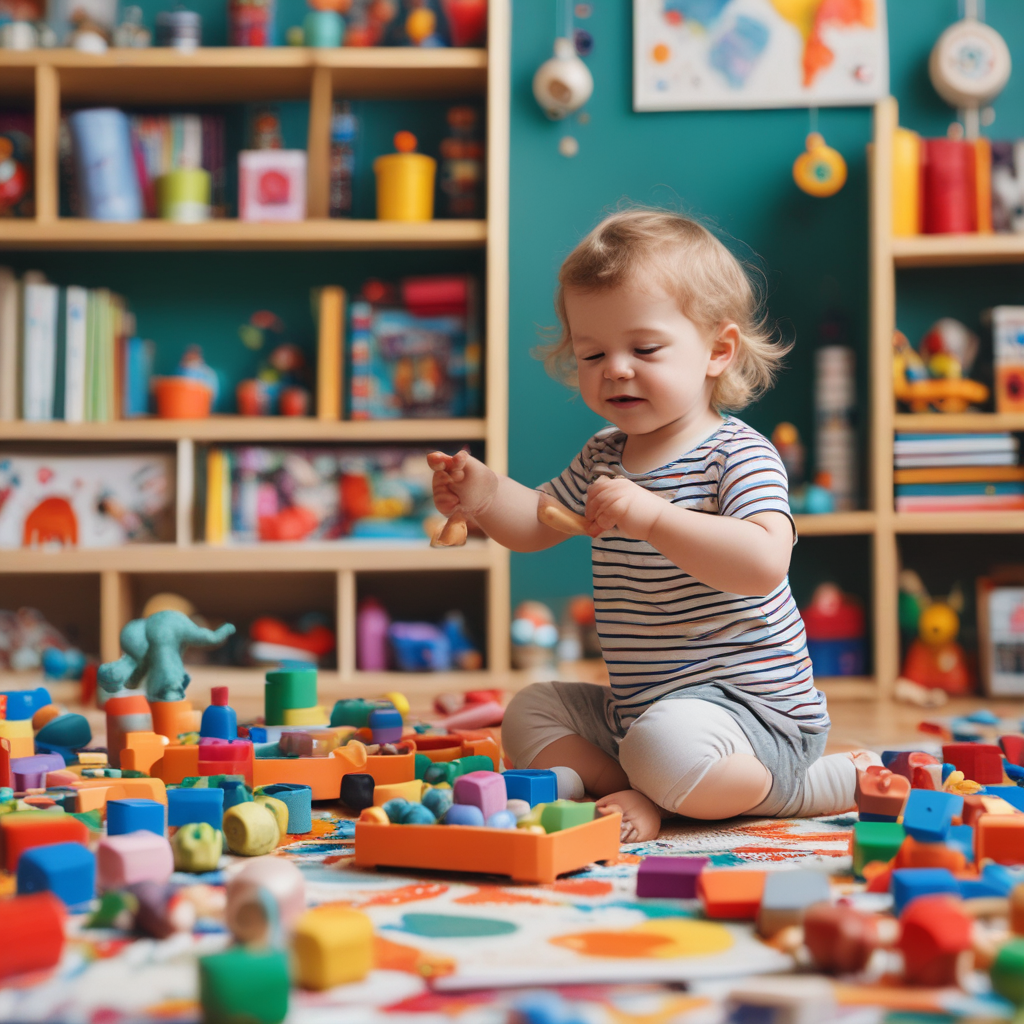 Engaging activities for toddlers, ages 1 to 3, are important for their early child development. At this age, pretend play is very important. It helps children grow their vocabulary and social skills. It also encourages their creativity. Simple games like stacking blocks and sorting shapes help with fine motor skills and coordination. Singing songs and reading stories that involve interaction help with language learning and thinking skills. Using these playtime activities is a good way to reach developmental stepping stones. It also helps kids develop a love for learning, which is important for their future education.
Engaging activities for toddlers, ages 1 to 3, are important for their early child development. At this age, pretend play is very important. It helps children grow their vocabulary and social skills. It also encourages their creativity. Simple games like stacking blocks and sorting shapes help with fine motor skills and coordination. Singing songs and reading stories that involve interaction help with language learning and thinking skills. Using these playtime activities is a good way to reach developmental stepping stones. It also helps kids develop a love for learning, which is important for their future education.
Language Skill Enhancements
Toddlers do well when their playtime includes activities that help them learn language. Reading books and singing songs over and over helps them learn new words and remember them better. Doing things like pointing at pictures and naming objects helps them recognize words and start conversations.
When toddlers sing nursery rhymes or try to copy what adults say, they improve their ability to express themselves. Listening and responding to others builds strong connections as they reach important stages of growth, becoming confident in their communication.
Telling stories also helps them develop their language skills while sparking their imagination. Repetition is important, as it helps toddlers learn and improve their vocabulary. The language skills they gain during playtime will help them as they go to preschool and lay a good foundation for reading and being creative.
Creative Play and Imagination Boosters
Creative play helps toddlers grow their imagination and skills. When they use things like doll clothes, pretend kitchens, or stuffed animals, they can mimic how adults act and try out storytelling.
Imagination boosters include:
- Building simple shapes with blocks.
- Using coloring books with safe crayons.
- Putting stuffed animals to bed is pretend play.
- Dressing up with different props.
These activities, whether done alone or in small groups, help kids think deeply and express their feelings. As toddlers tackle challenges through play, they build self-confidence and learn how to solve problems.
Creative play is essential for fostering curiosity and thinking skills, which are important stepping stones for toddlers.
Activities for Preschoolers (3-5 Years)
During the ages of 3 to 5, getting preschoolers involved in activities helps their development. Creative pretend play is very important. It builds vocabulary and social skills as kids use their imaginations. Activities such as simple puzzles and arts and crafts help improve fine motor skills and thinking abilities. Singing songs and telling stories make learning fun. These playtime activities are key for meeting important stepping stones before kindergarten.
Pre-Math and Science Activities
Preschoolers enjoy solving problems in fun ways through easy math and science activities. Counting games with blocks or sand toys help them learn about order, which is useful in early math. Experiments with gravity, like pouring water, allow kids to learn about science in a hands-on way.
Going on nature walks or doing simple building projects helps preschoolers reason and ask questions about the world around them. With easy tools like stacking puzzles or building sets, they start to think logically. When kids compare sizes or weigh objects, it helps them pay more attention to details.
These activities also boost their confidence and spark curiosity, making them great for getting ready for kindergarten. Mixing physical play with thinking helps preschoolers explore ideas while mastering coordination and important vocabulary skills.
Group Play to Encourage Social Skills
Group play is very important for preschoolers. It helps them learn social skills. Activities like turn-taking games teach kids how to work together in a team. Games like Go Fish can be fun while teaching fairness and helping them bond with friends.
Simple planned tasks, like working together to clean up, teach kids to respect teamwork. Role-playing or challenges in small groups help them learn how to solve problems and develop empathy.
When preschoolers play together, they improve their vocabulary and emotional intelligence. This helps them feel more confident in group settings. These skills help preschoolers get ready to join classroom activities with confidence.
Related Articles:
Beyond Books: Creative Ways to Build Literacy Skills at Home
Voice Power: Why Reading Aloud Changes Everything
How to Make Story Time Interactive and Fun for Kids
Conclusion
In conclusion, learning activities that match a child's age are very important for their growth. When tasks fit their development level, kids enjoy learning more and gain important skills naturally. From sensory play for infants to playful activities for toddlers and preschoolers, every stage offers chances to grow. Parents and caregivers should choose activities that match their child's interests and abilities. This makes learning fun and exciting. If you want personalized advice on age-appropriate activities for your child, feel free to ask for a free consultation.
Frequently Asked Questions
What are the signs an activity is age-appropriate for my child?
An age-appropriate activity matches your child’s stepping stones. It helps their development without causing frustration. Look for signs like their engagement and good coordination with what they can already do. Also, see if they can practice new skills. If your child enjoys the task and achieves success without struggle, then it is suitable.
How can I adapt activities as my child grows?
To adapt, change the difficulty as your child’s stepping stones change. Slowly add new challenges. This could include tasks like counting, improving coordination exercises, or encouraging independence in pretend play. Allow your child to take the lead and show their interest. This will help their development grow naturally.
Are digital activities beneficial for early development?
Yes, it can be good if done carefully. Digital activities, like interactive storytelling and vocabulary games, can help with reaching stepping stones. But it's important not to create too much stimulation. Make sure these activities have educational parts that teach coordination and improve word recognition. This will help make early learning more balanced and engaging.
What are some age-specific learning activities that can enhance my child's development?
Age Range | Activity Example

How can I choose the right learning activities based on my child's interests and abilities?
Choose tasks that capture your child’s curiosity and fit their current stage of development. Notice their abilities and offer new activities if they complete the ones they are working on now. Giving them choices based on their interests helps them feel a strong emotional connection to learning.
What are the benefits of incorporating play into learning activities for different age groups?
Play helps people learn in a natural way, no matter their age. Some key benefits are better thinking skills, improved coordination, and emotional growth. Activities like pretend play can help develop vocabulary and encourage curiosity. As we grow, these benefits become even more rewarding.
How can I adapt learning activities to cater to children with special needs or different learning styles?
Adaptation is about focusing on tasks that include everyone and can adjust to fit each child’s needs. It helps to use toys that cater to their senses, set stepping stones at a slower pace, or use visual aids to help with different learning styles. By appreciating each child’s unique way of learning, we help them grow in ways that suit their comfort levels.






